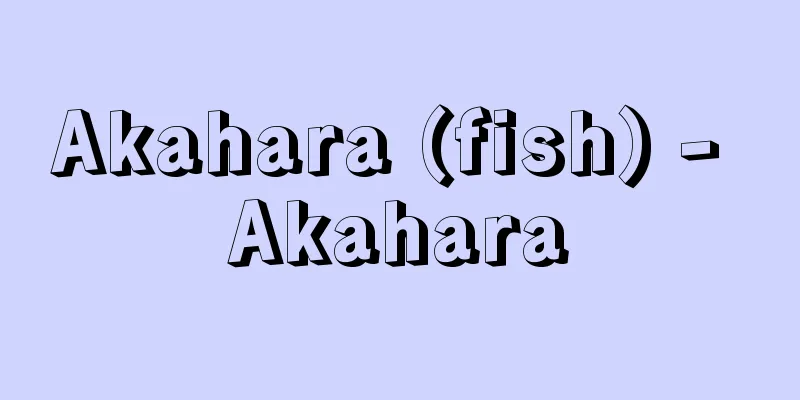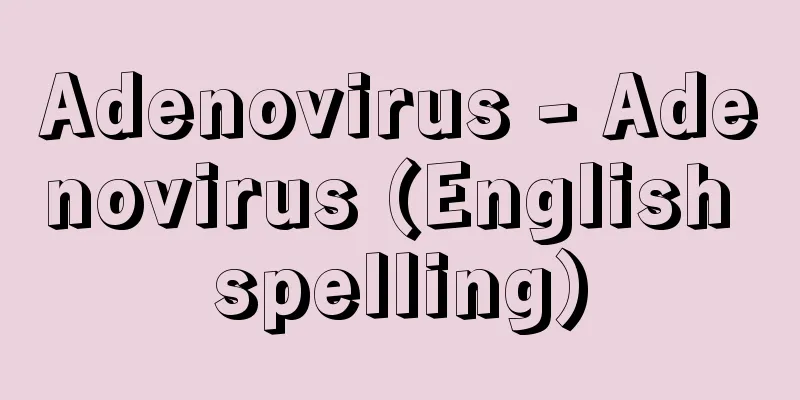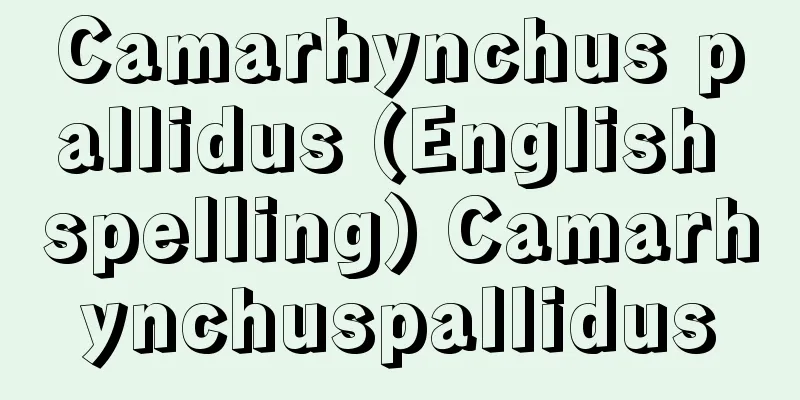Head of the household

|
The person who represents the family. In order to pursue the goal of ensuring that the family institution continues to exist and prosper for generations, the head of the family is one of the family members who inherits the role from the previous head of the family and has the duty of passing that role on to the next head of the family. The head of the family is assisted by his wife, who is the housewife, and together they lead all the members of the family, managing the family business based on the family property, and managing the household, including the ancestral rituals. Managing the family property is an important task for the head of the family, along with managing the family business and household affairs, but the family property is the property of the family institution, and is not considered to be the personal property of the head of the family. In the Meiji Civil Code, the head of the family, called the "household head," owned the family property through his headship, and the eldest son, who was to inherit the family headship, inherited that headship, which, combined with parental and husbandly rights, which were independent of this, gave him great legal power. Before the Meiji Civil Code, the head of the family in Japan, as far as commoners' households were concerned, was not permitted to exercise arbitrary power like the patriarch of the West, but was expected and required by both inside and outside the household to represent the family both inside and outside the household and to take the initiative in dedicating himself to the perpetual prosperity of the family. [Takashi Nakano] [References] |Source: Shogakukan Encyclopedia Nipponica About Encyclopedia Nipponica Information | Legend |
|
家(いえ)を代表する者。家という制度体が世代を超えて幾代も存続し繁栄するようにという目的を追求すべく、先代家長よりその役割を受け継ぎ、次代家長にその役割を継承させる、という任務をもった家成員の1人である。家長は主婦たる妻に補佐され、夫婦協力して家の全成員を統率し、家産に基づく家業の経営、家の先祖の祭祀(さいし)を含む家事の運営を遂行した。家産の管理は、家業・家事の経営とともに家長の重要な任務であるが、家産は、その家という制度体の所有であって、家長個人の私有とは考えられていなかった。 明治の民法で戸主とよばれた家長が戸主権により家産を所有し、家督相続者たる長男がその戸主権を継承することになり、これとは独立な親権や夫権と相まって、法的に強大な権力をもつに至った。明治の民法以前の日本の家長は、庶民の家に関する限り、西欧の家父長のような恣意(しい)的権力を許されず、家を内外に代表し、家の永続繁栄のため率先して献身することを、その家の内外から期待され要求される存在であった。 [中野 卓] [参照項目] |出典 小学館 日本大百科全書(ニッポニカ)日本大百科全書(ニッポニカ)について 情報 | 凡例 |
Recommend
Brocade Robe - Uran
...From the Nara period to the early Heian period...
Grewia biloba var. parviflora (Bunge) Hand.‐Mazz.
A deciduous shrub of the Tilia family rarely culti...
Yuki
A county in the northern part of North Hamgyong Pr...
Chlorargyrite
One of the most common secondary silver minerals....
Kotoku Line
The name of the Shikoku Railway Company's tra...
Iso Park - Iso Park
...There are many historical sites, including the...
Gakkihen - Gakkihen
…His research on the Book of Songs was passed on ...
Alleculidae
...They overwinter as larvae and pupate in May in...
Mount Ousaka
…It is also written as Aizakayama. It is a mounta...
avoidance conditioning
...The degree of conditioning can be expressed as...
Exanthematic typhus
…Typhoid fever in the broad sense includes three ...
Barrymore, L.
…American family of actors. Born to British actor...
Tsurui [village] - Tsurui
A village in Akan District, eastern Hokkaido. Loca...
Praying for a living - Ukeigari
…In the Kojiki and Nihon shoki myths, the act of ...
kissing gourami
…Breeding is not difficult. (c) Kissing gourami H...



![Tarbagatay [Mountains] - Tarbagatay](/upload/images/67cc27b89c68e.webp)





